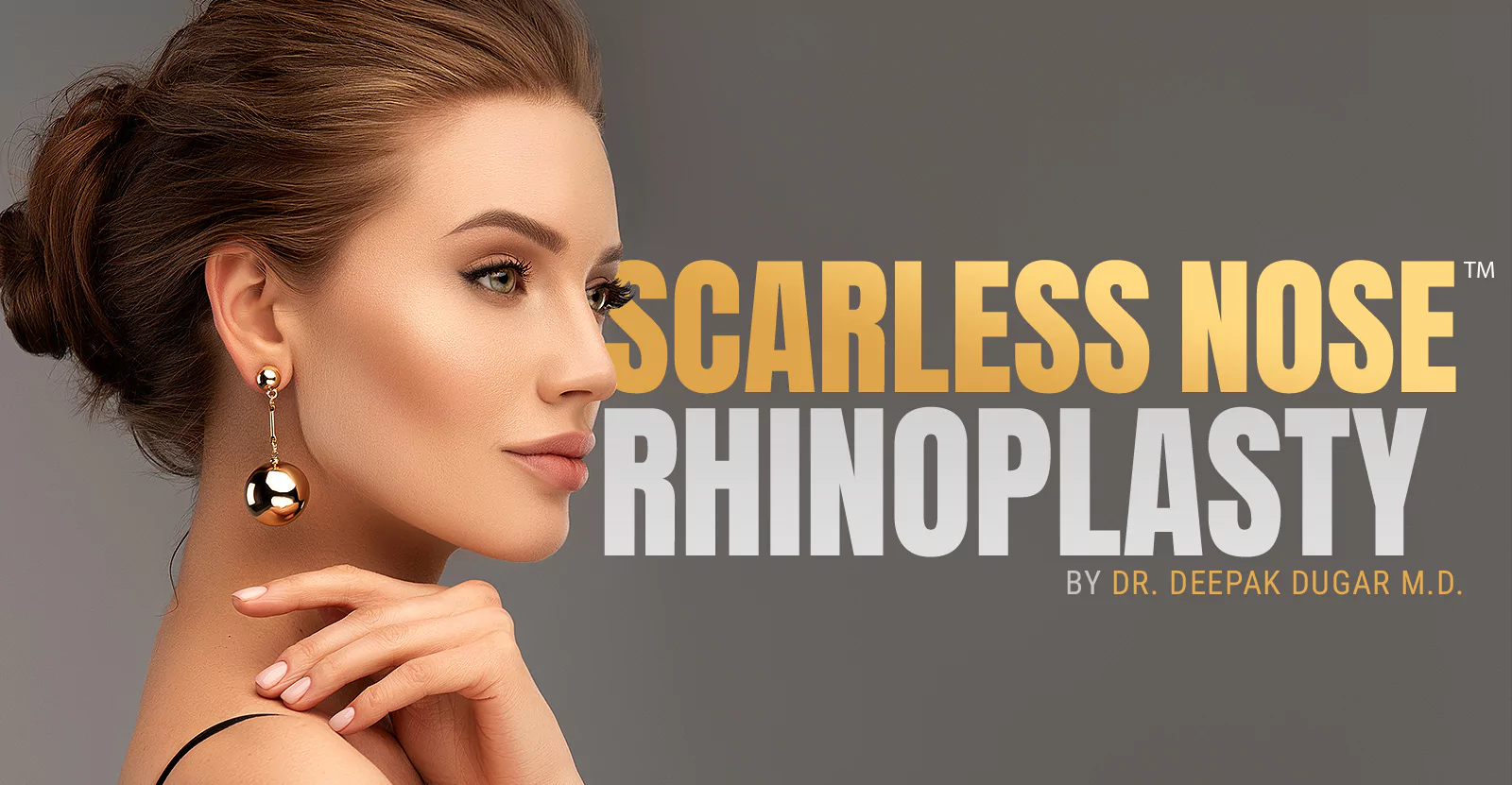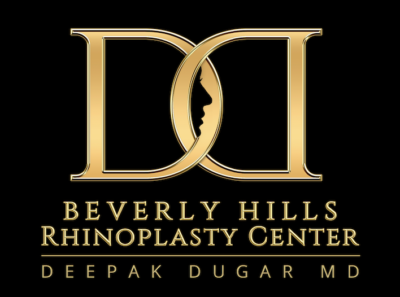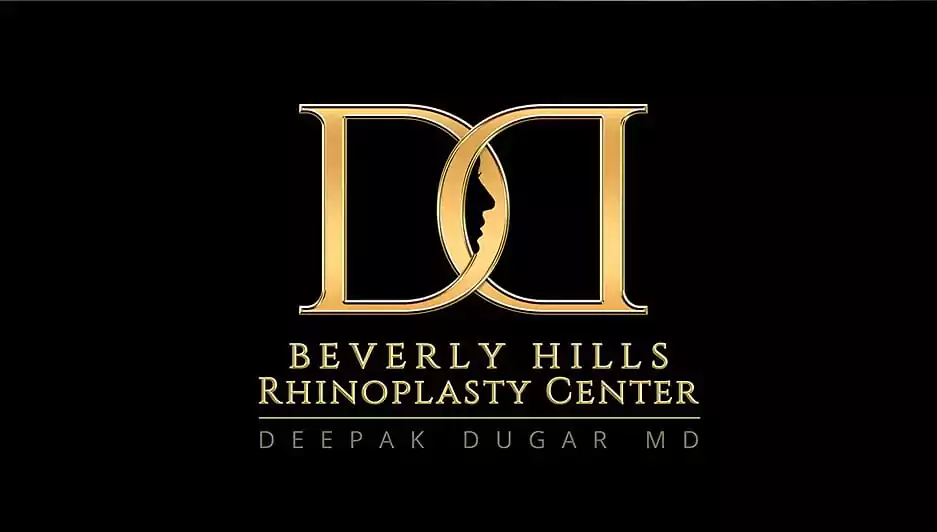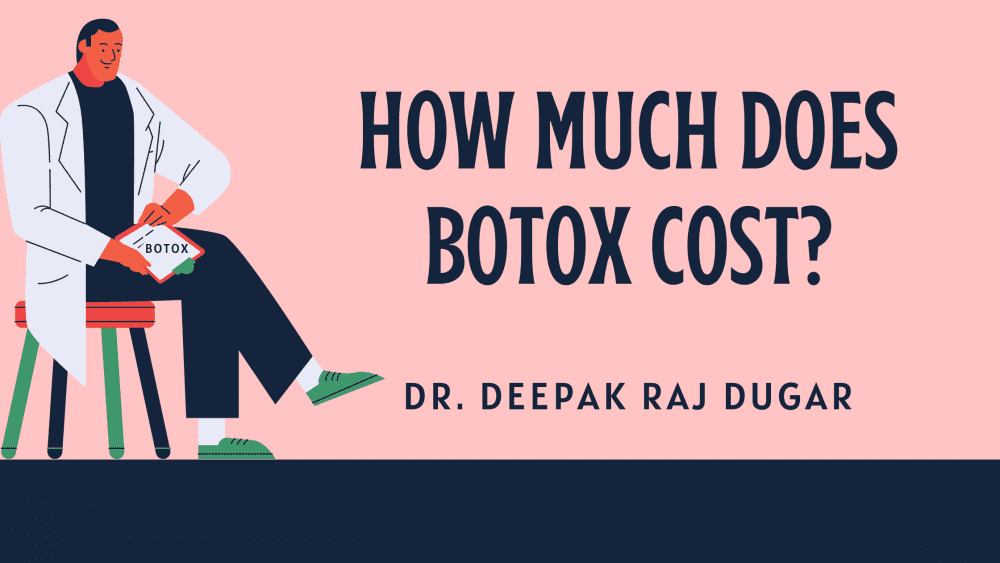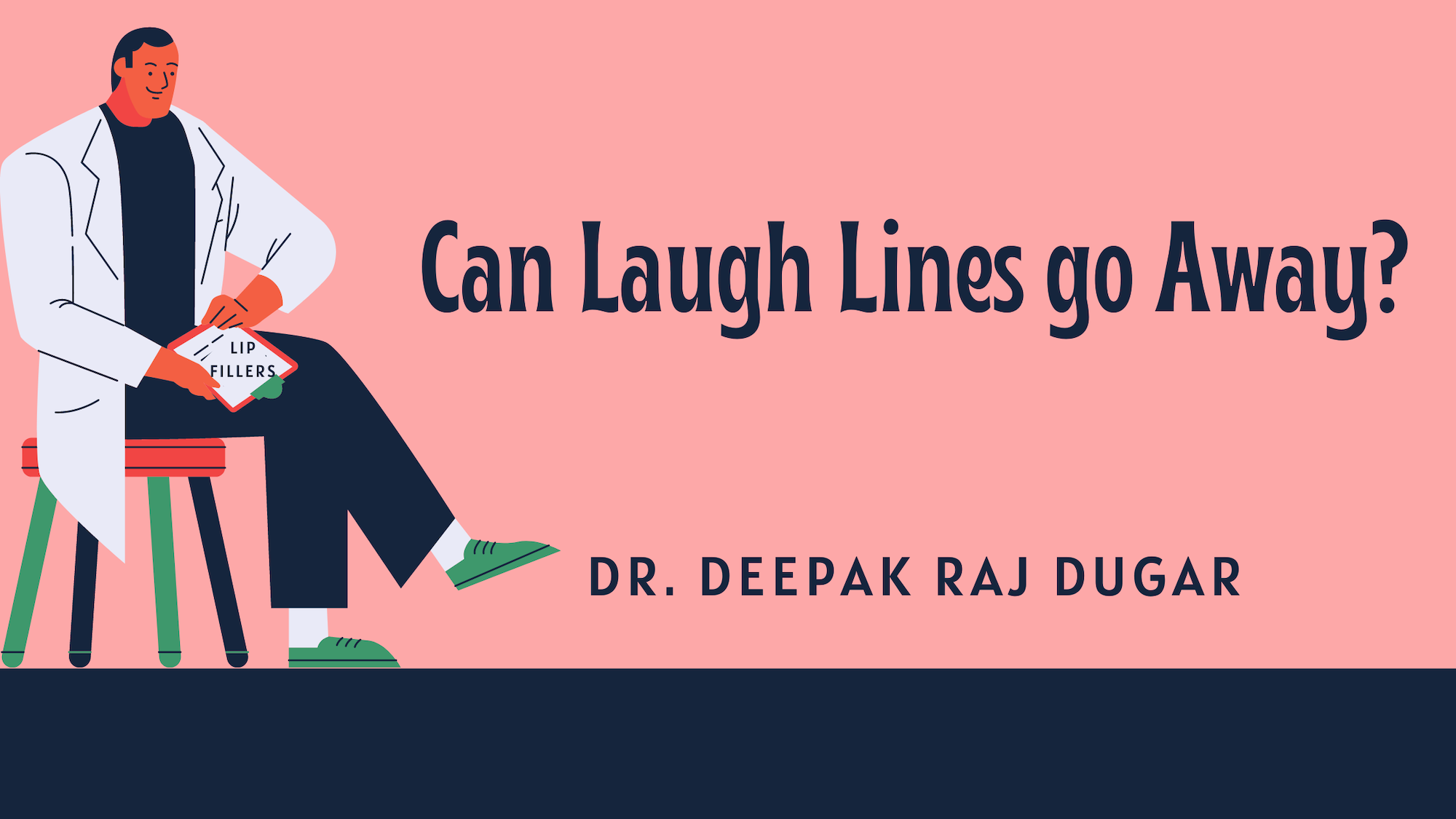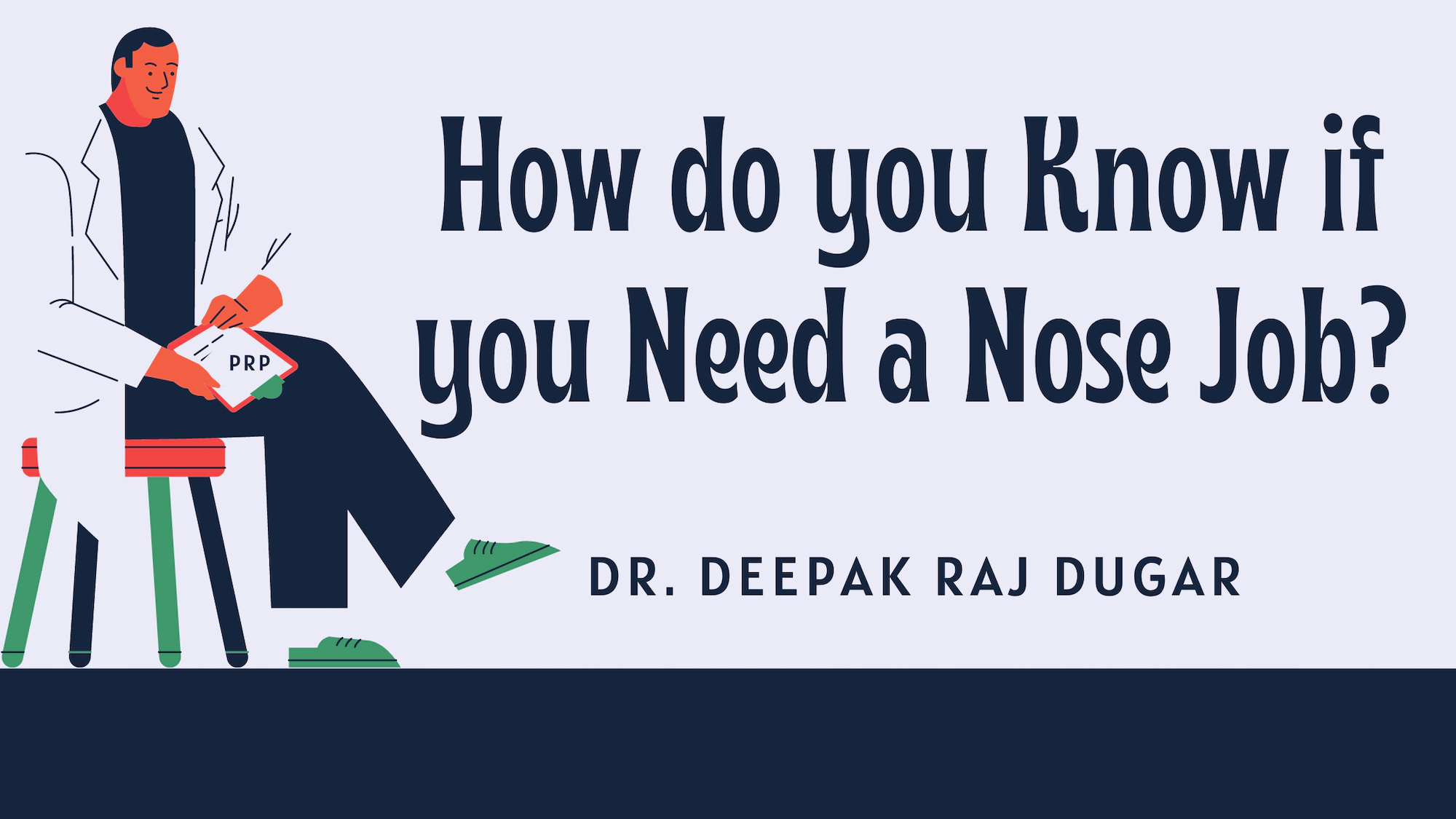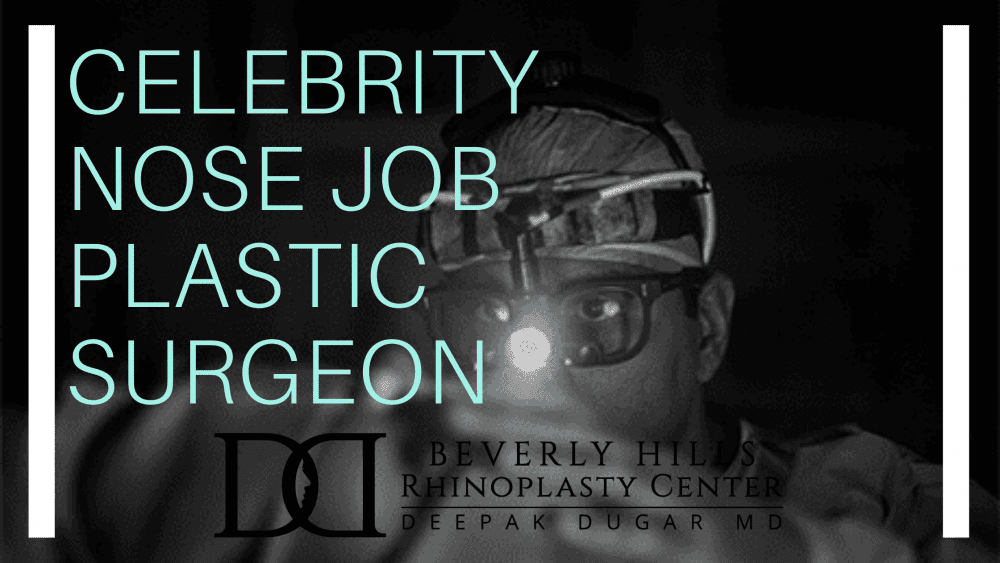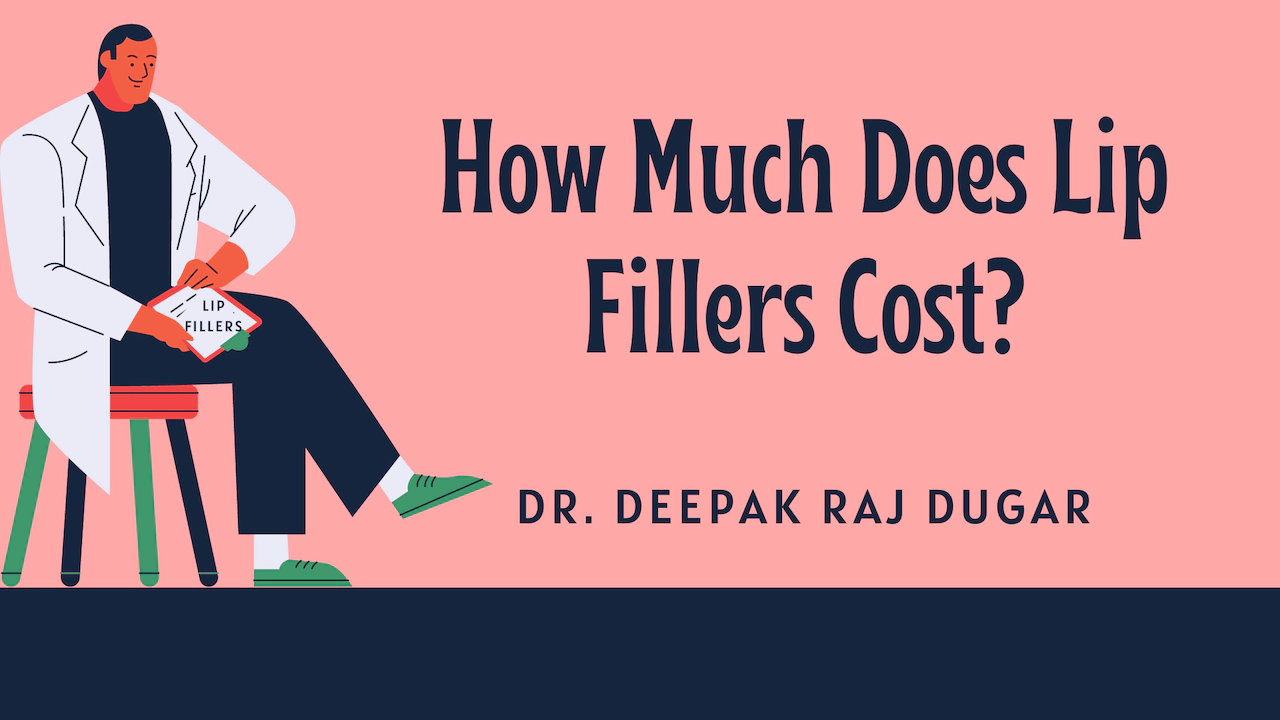Smoking and Rhinoplasty: The Honest Truth
Smoking has been a common practice among generations of people. Whether it is tobacco, marijuana, or e-cigarettes, many adults in this day and age have partaken in smoking at some point in their lives. Although it is common knowledge that it can be detrimental to one’s health, there are also rules when it comes to smoking and rhinoplasty.
It is common knowledge that smoking can be detrimental to one’s health and wellness. The chemicals in tobacco smoke are known to have carcinogenic properties and cause irritation to different tissues and organs of the body. It is scientifically proven to create higher risk of cancer in an individual.
Additionally, exposure to smoke through the lungs promotes systemic inflammation of the entire body, through the blood stream, but especially creates excess inflammation in the respiratory system. This irritation and inflammation is likely to be present in the lung, throat and nasal passages. Exposure to smoke in the respiratory system also leads to increased mucus production in the airways.
When getting a rhinoplasty, it is important to reduce any unnecessary inflammatory agents before and after the procedure. Dr. Deepak Dugar, world famous rhinoplasty surgeon, suggests you quit smoking a month before and a month after getting a rhinoplasty.
Eliminating use for at least a month before surgery gives the respiratory system time to heal from smoke exposure.
This decreases the amount of irritation present in the respiratory system. This allows for a decreased chance of excess swelling, bleeding, and mucus production from the rhinoplasty procedure.
Additionally, consistent smoke exposure in the month prior to getting any surgical procedure can have consequential effects on the anesthesia administered. Consistent smoking can cause altered lung function, which can lead do respiratory complications when given anesthesia.
A history of smoking can also cause a patient to have a different tolerance to anesthesia medications than a non-smoker, sometimes needing adjustments to drug dosing from the anesthesiologist. It is important to disclose to your surgeon and anesthesiologist if you have a history of smoking.
Not only is it important to not smoke before a rhinoplasty, it is also crucial to not smoke after a rhinoplasty to ensure proper healing of the nose. Since smoking can cause an inflammatory response, it is important to avoid smoking for at least 1 month after getting a rhinoplasty.
When smoking, the smoke infiltrates the the respiratory system and nasal pathways, often causing swelling in the nose and throat. After rhinoplasty, it is crucial that all added inflammation and swelling is kept at bay so the nasal bones and tissues can heal properly.
Not only does smoking cause swelling but it will also increase mucous production. After a rhinoplasty, mucous production is already at a high. Any additional mucous can create uncomfortable congestion, making it difficult to breathe. Because of this, it is important to refrain from smoking to ensure maximum comfort during your healing process.
Smoking can also cause delayed wound healing because it causes decreased blood flow to tissues, something essential after a rhinoplasty.
During a rhinoplasty, incisions are made within the nose and are closed with sutures. In the initial stages of healing after a rhinoplasty, these incisions are vulnerable and need to be treated with care. If not treated with care, the incisions are susceptible to infection and prolonged closure. Smoking would increase the chance of complication during the healing of these incisions.
If you are a smoker, this does not mean you cannot get a rhinoplasty! If you are a smoker, receiving a rhinoplasty is possible with the correct measures. If you are looking into getting a rhinoplasty and have questions or concerns, our concierge staff is happy to assist you! You may also visit Dr. Dugar’s website to learn more about Closed Scarless Rhinoplasty!
Beverly Hills Rhinoplasty Center™
Scarless Medspa™
Website: www.Scarlessnose.com
Phone: (310) 276-1703
Email: [email protected]
WhatsApp: +1 (310) 276-1703




